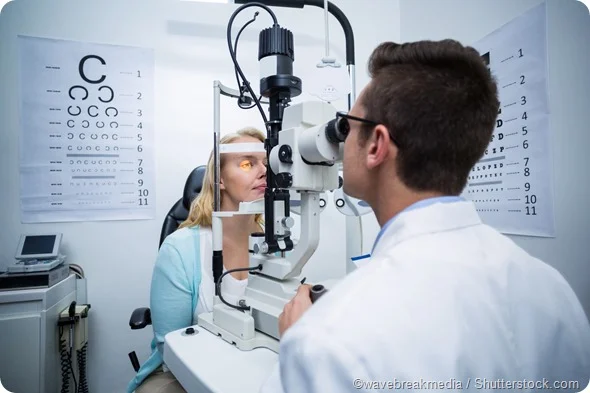Ophthalmology
Eye Examination:
Ophthalmologists perform comprehensive eye examinations to assess vision and the overall health of the eyes. This may involve testing visual acuity, examining the structures of the eye, and assessing the function of the eye muscles.
Diagnostic Tools:
- Ophthalmologists use various diagnostic tools, including tonometry (to measure intraocular pressure), slit-lamp examinations, retinal examinations, and imaging techniques such as optical coherence tomography (OCT) and fluorescein angiography.
Common Conditions and Treatments:
- Ophthalmologists diagnose and treat a wide range of eye conditions, including:
- Refractive errors (nearsightedness, farsightedness, astigmatism)
- Cataracts
- Glaucoma
- Macular degeneration
- Diabetic retinopathy
- Corneal diseases
- Retinal disorders
- Strabismus (misalignment of the eyes)
- Amblyopia (lazy eye)
Surgical Interventions:
- Ophthalmic surgery is a significant aspect of the field. Ophthalmologists perform various surgical procedures, including:
- Cataract surgery
- Laser eye surgery (such as LASIK for refractive errors)
- Glaucoma surgery
- Retinal surgery
- Corneal transplant
- Oculoplastic surgery (related to the eyelids and surrounding structures)
Pediatric Ophthalmology:
- Some ophthalmologists specialize in pediatric eye care, addressing vision issues and eye disorders in children.
Contact Lenses and Glasses:
- Ophthalmologists may prescribe corrective lenses, including eyeglasses and contact lenses, to improve visual acuity.
Emergency Eye Care:
- Ophthalmologists are often involved in the management of eye emergencies, such as eye injuries, sudden vision loss, and infections.
Research and Technological Advances:
- Ophthalmology is a field that continually benefits from research and technological advancements. New diagnostic tools and treatment modalities are developed to enhance patient care.
Preventive Care:
- Ophthalmologists emphasize preventive measures to maintain eye health, including regular eye exams and lifestyle recommendations.
Patient Education:
- Ophthalmologists educate patients about eye health, the importance of regular eye exams, and ways to protect their eyes.

